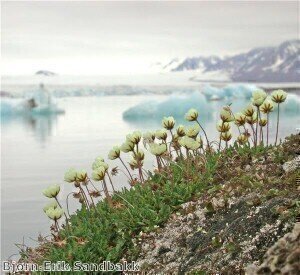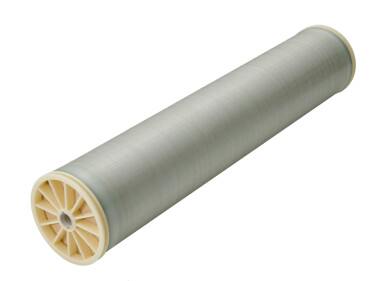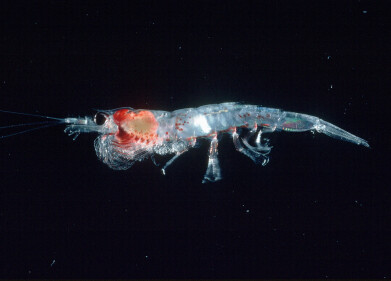Water/Wastewater
Midnight sun could help to reduce waste
Jul 12 2012
Midnight sun could help reduce waste, according to new research, which has shown that extra daylight hours have a positive effect on the algae that breaks down waste.
Dalhousie University researchers have been spending some time studying how the Arctic climate affects sewage treatment, finding that midnight sun can help reduce waste because of its positive affect on algae.
Rob Jamieson is the principal investigator with the Nunavut Wastewater Research Project said that there preliminary results show that the more sunlight given to wastewater, the quicker the waste break down.
Mr Jamieson told CBC News: "Where you have the systems that are essentially exposed to 24-hour sunlight, you see these almost super-charged algae populations that are present within these lagoons that are continuously pumping oxygen into the wastewater, which is having a lot of positive benefits in terms of treatment."
Nunavut is both the largest and newest federal territory in Canada, and lies to the very north west of the country. Despite been the biggest region, it also has the fewest inhabitants, with 31,906 (mostly Inuit) people spread over an area the size of Western Europe.
The majority of the communities in the area use lagoons or wetlands to treat their waste, and allow nature to do the work when it comes to bacteria and toxins. However, Environment Canada is set to introduce new rules in relation to wastewater treatment, which could mean that Nunavut may need to upgrade its systems.
Nunavut's Wastewater Research Project is in its second year of testing the quality of water in the area, and the results of the study could lead to sweeping changes in the way water is treated in the area.
Jamieson says the existing systems compare favourably with those found throughout rural Canada. But depending on the results of the research, and the new regulations, Nunavut may need to upgrade its systems.
Posted by Joseph Hutton
Events
Carrefour des Gestions Locales de L'eau
Jan 22 2025 Rennes, France
Jan 29 2025 Tokyo, Japan
Feb 05 2025 Nantes, France
Feb 16 2025 Kampala, Uganda
Feb 26 2025 Chennai, India




-as-feedstock.jpg)





